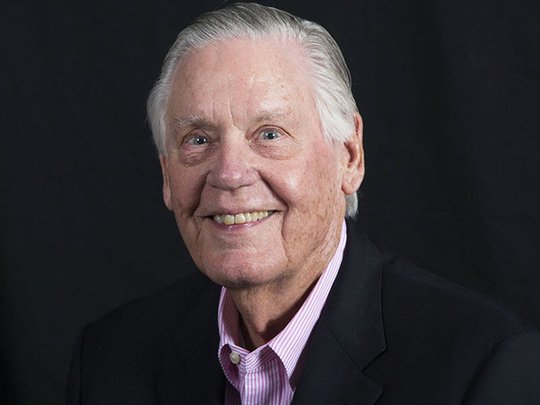Yarbrough, a prominent figure known for his humorous commentary, has announced his intention to apply for the title of Duke of York. This unexpected career shift comes as he expresses a desire for new challenges while maintaining his current role. Yarbrough’s candidacy for the title, which holds significant historical and cultural weight in the United Kingdom, has sparked intrigue and conversation across social media platforms.
In a playful twist, Yarbrough stated that he is not planning to abandon his current job, which he enjoys immensely. “I’m having too much fun messing with the humor-impaired,” he remarked, showcasing his characteristic wit. Yet, he feels ready to embrace a new opportunity. His lighthearted approach to this serious title application is drawing both laughter and serious consideration.
The title of Duke of York has a storied history, often associated with royal duties and responsibilities. Recently, it has garnered attention due to its association with various public figures. Established in the 14th century, the title has been held by notable individuals, including Prince Andrew, the current Duke, who has faced a series of controversies. The position has been largely ceremonial, yet it carries with it a legacy that intertwines with the fabric of British history.
Yarbrough’s unique application has raised questions about the role of humor in positions traditionally seen as formal and serious. His candidacy highlights a shift in public perception regarding leadership and representation. As he navigates this process, Yarbrough aims to blend his comedic style with the dignified expectations of noble titles.
The announcement has prompted discussions among social commentators and political analysts. Many are curious to see how Yarbrough’s unconventional approach could influence the perception of such titles in modern society. As he prepares his application, he may redefine what it means to hold a noble title in the contemporary world.
In the coming weeks, Yarbrough will likely face the scrutiny of both the public and officials as he submits his application. The response to his announcement has been overwhelmingly positive, with many expressing support for his bid. This interest could signal a desire for a more relatable and accessible representation within the British nobility, reflecting changing societal values.
As Yarbrough embarks on this unusual journey, his candidacy serves as a reminder that leadership can come in many forms. Whether he ultimately becomes the next Duke of York or not, his application is sure to leave a lasting impression on the discourse surrounding nobility and public service.







